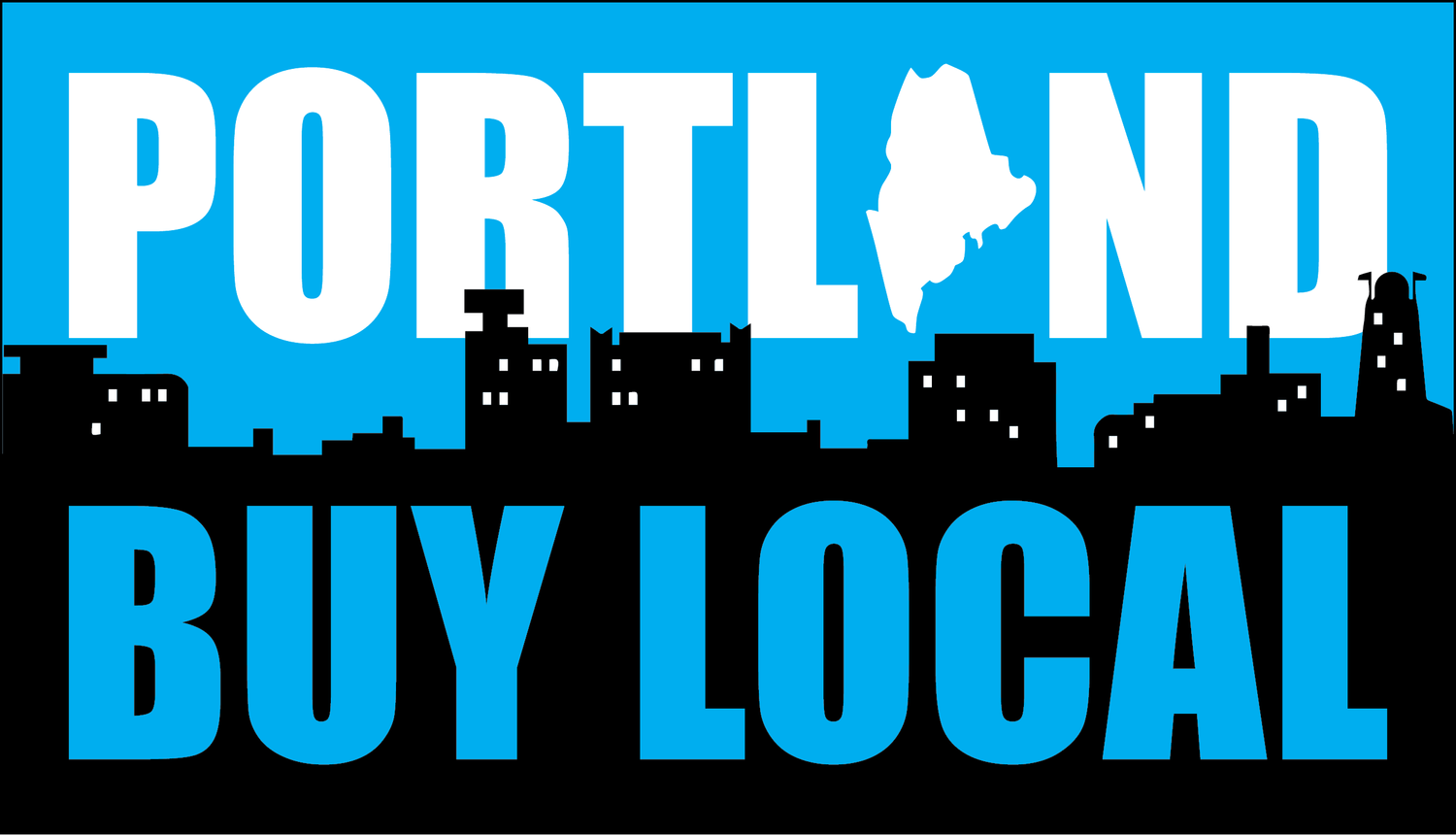Economic Sustainability: How Small, Local Businesses Contribute.
Local businesses are often far more sustainable than larger, national corporations.
This study from King County, Washington, found that residents of neighborhoods with more local businesses log 26% less automobile miles, and were also more likely to use public transit in those communities. Independently owned, small businesses enable people to walk more, while driving less.
Small, local businesses also tend to source local goods. Reduced transportation for goods and services leads to lowered carbon emissions, while also recirculating money into the local economy. On top of lower emissions, excessive packaging waste from farther and intricate transportation is minimized. Transporting goods by plane, a regular practice of larger chains, emits 50 times the emissions by sea, and food production accounts for nearly one quarter of the world’s greenhouse gas emissions- so reducing the supply chain by buying locally reduces our carbon footprint.
This means that when you commit to buying local, you contribute to a lower carbon footprint, lower packaging waste, and a stronger, thriving local economy- meaning a more sustainable Portland.
Sources:
A Study of Land Use, Transportation, Air Quality, and Health in King County, WA, Lawrence Frank and Company, The Neighborhood Quality of Life Study, Center for Clean Air Policy, 2005
Neighborhood stores: An overlooked strategy for fighting global warming, Grist, 2009
Very little of global food is transported by air; this greatly reduces the climate benefits of eating local, Our World In Data, 2020
Food production is responsible for one-quarter of the world’s greenhouse gas emissions, Our World In Data, 2019
